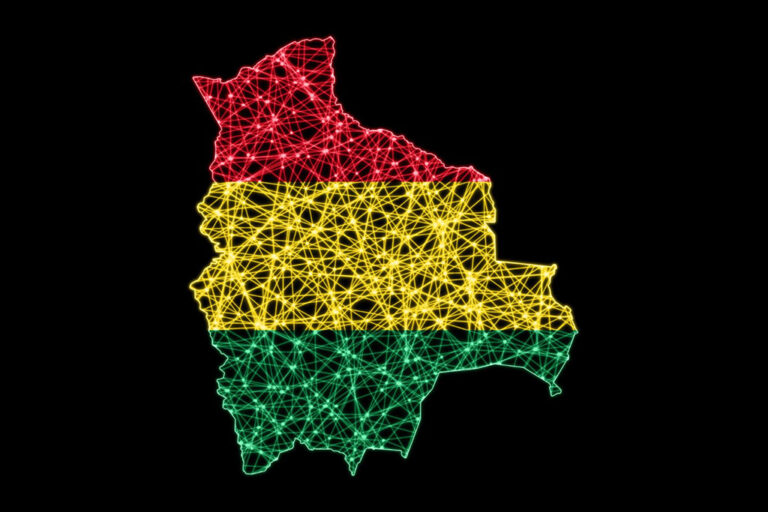The adoption of crypto assets in Bolivia has significantly increased since the country recently lifted the ban on virtual assets.
In a bid to remain competitive in a fast-changing market, Bolivian bank Banco BISA S.A (BBV: BIS) announced plans to further integrate the Web3 technology with its financial services. According to a recent announcement, Banco Bisa has already implemented the custody services for Tether USDT USDT $1.00 24h volatility: 0.0% Market cap: $183.70 B Vol. 24h: $60.26 B for both local and international payments.
According to Franco Urquidi, the company’s vice president of business, the bank opted to tap Tether’s USDT due to its tested and approved security and market resilience. Moreover, the bank intends to offer regulated services to its customers with the utmost security.
Already, the bank has partnered with several Web3-focused companies to ensure reliable and seamless crypto adoption in the country. Notably, Banco Bisa will charge between $5 and $15 for daily Tether USDT transactions between 200 and 10k. Meanwhile, the bank will charge $40 for international payments, which is attractive to users compared to traditional means of payment.
“Our clients go through a rigorous verification process, which gives them peace of mind that their transactions are carried out through secure and reliable channels,” Urquidi noted.
Why Banco Bisa Ventured into Crypto Space Now
The high potential for the crypto market to disrupt the global financial industry has attracted the attention of major investors around the world. Major tech and financial companies led by BlackRock, MicroStrategy, and Metaplanet, among others, have adopted the crypto industry as a hedge against macroeconomic uncertainties around the world.
Banco Bisa has grown over the past decades to the third-largest bank in Bolivia in assets under management. However, the bank’s future is not guaranteed if the management does not morph through the crypto space in the long haul, especially in a regulated environment.
According to Yvette Espinoza, the director of the Financial System Supervision Authority (ASFI), the latest venture by Banco Bisa into the crypto industry will guarantee high liquidity and security to users.
“This is a custody service that will allow clients to carry out various operations safely, reducing the risk of unsafe interactions in the cryptocurrency market,” Espinoza, highlighted.
Worth noting that Bolivia recently lifted the ban on crypto assets, which lasted since 2014. The notable success of El Salvador, which adopted Bitcoin as a legal tender alongside the US dollar, has significantly influenced other nations.
In late September, the country’s central bank announced that the crypto trading operations spiked by 100 percent since the lifting of the ban in June to about $15.6 million.
With the gradual increase in crypto use cases and liquidity around the world, the country’s central bank is confident that its economy will grow in tandem with the anticipated boom in the Web3 space.
next